The Government’s move to introduce sanctions for people-smugglers is ‘an obvious PR exercise’ that will do little to stop small boat crossings, experts warned today.
Opening a new front in Labour‘s attempt to ‘smash the gangs’, anyone involved in helping people arrive in dinghies can now be targeted with asset freezes and travel bans.
Businessmen who supply the boats themselves, fraudsters who make fake passports, middlemen who transfer cash and even corrupt police are all likely to be targeted under the plan.
The first wave of sanctions will come into force tomorrow with more than 20 people named and shamed, making it illegal for British businesses and banks to deal with them.
However, specialists in immigration and sanctions enforcement have pointed out that most smugglers either do not use traditional banking methods or do so beyond the reach of UK authorities.
Many smuggling networks are known to use the hawala system, an ancient banking method that allows small boat migrants to pay smugglers – and the criminals to compensate their associates – without leaving any official record.
The Global Irregular Migration and Trafficking in Persons sanctions regime has been introduced through secondary legislation and will be debated by Parliament after the summer.
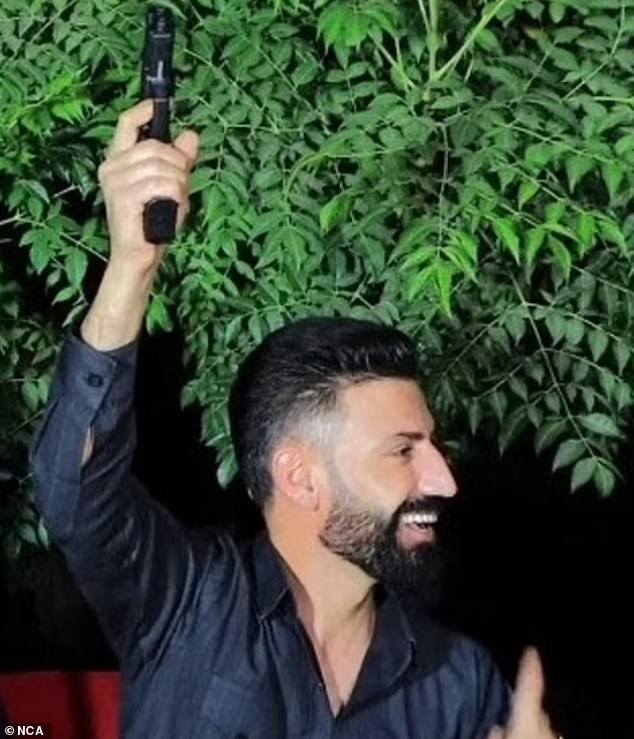
Amanj Hasan Zada, 33, was handed a 17-year prison sentence for people smuggling last year. While he is an Iranian Kurd, their counterparts in Iraqi now dominate the cross-Channel trade
Heralding the move, Foreign Secretary David Lammy said: ‘For too long, criminal gangs have been lining their corrupt pockets and preying on the hopes of vulnerable people with impunity as they drive irregular migration to the UK. We will not accept this status quo.
‘It is our moral duty and a key part of our Plan for Change to do all we can to smash these gangs and secure Britain’s borders.
‘That’s why the UK has created the world’s first sanctions regime targeted at gangs involved in people smuggling and driving irregular migration, as well as their enablers.
‘From tomorrow, those involved will face having their assets frozen, being shut off from the UK financial system and banned from travelling to the UK.’
But Roger Gherson, managing partner and sanctions expert at Gherson Solicitors, dismissed the sanctions as political theatre.
‘Proposals to use these on people smugglers is nothing more than bluster and an obvious PR exercise for the Government to be seen to be dealing with the problem,’ he told MailOnline.
‘Most of these smugglers will no doubt operate outside of normal banking system in any case, and most probably in cash. To divert limited police and National Crime Agency (NCA) resources to this will only stretch our much-needed resources further.’
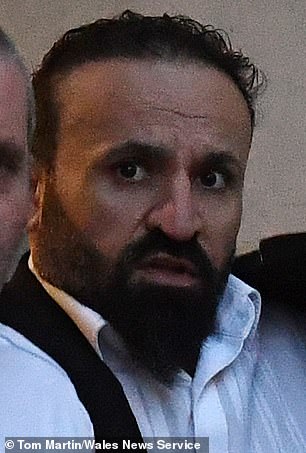
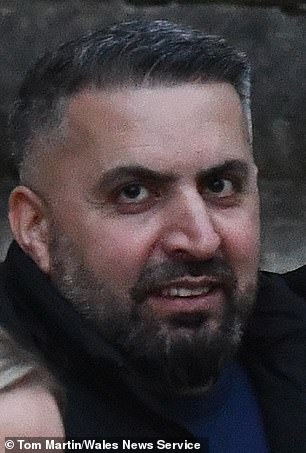
Dilshad Shamo, 41, and Ali Khdir, 42, ran a people smuggling empire from a Welsh car wash – using the hawala system to receive funds and pay associates
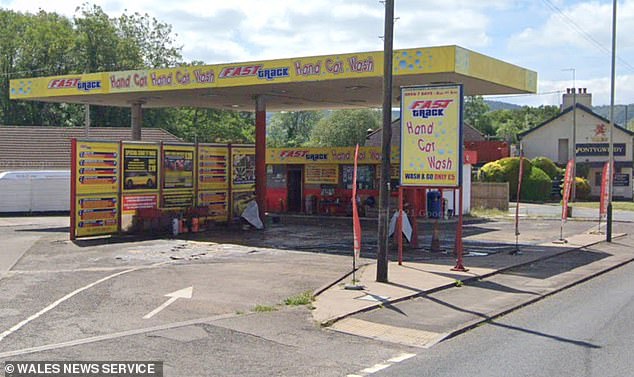
The pair used the Fast Track Hand Car Wash in Caerphilly as a front of their illegal activities
Dr Peter Walsh, of the University of Oxford’s Migration Observatory, said the measures were ‘unlikely to be a game changer’ in small boat crossings – not least because gangs usually operate in foreign countries.
‘They might be restricted in the UK, but if someone can just go elsewhere, then that defeats the whole purpose of the sanctions,’ he told the i.
‘You can ban people from opening bank accounts in the UK… but they’ll open a bank account elsewhere.
‘A lot of the financing for smuggling operates outside of the traditional banking system, using wireless transfers that are notoriously difficult to clamp down on.’
An insight into how smuggling gangs move money away from the prying eyes of officials came late last year with the prosecution of two Kurds – Dilshad Shamo, 41, and Ali Khdir, 40 – for organising a global people smuggling operation from an apparently ordinary car wash in South Wales.
Posing as legitimate businessmen, Shamo, who was born in Iraq, and Khdir, originally from Iran, transported migrants across Europe in cars, lorries and boats in a major conspiracy coordinated via WhatsApp.
Central to their operations was the hawala system that involves the use of trusted agents, known as hawaladars.
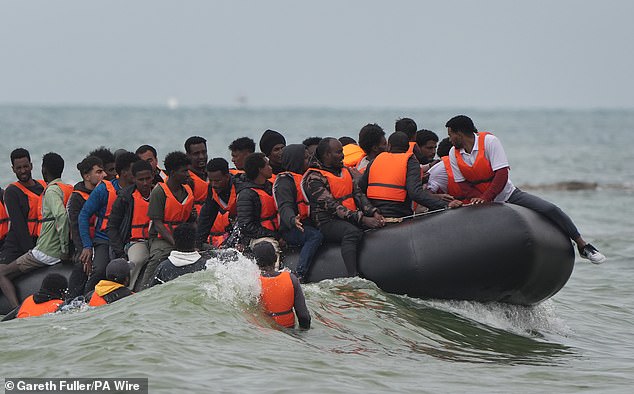
Migrants scramble onboard an overcrowded boat near Wimereux in France last week
Rather than carrying out real cash transfers, hawala works through balanced debt.
Someone wishing to send money from one country to the UK can leave the cash with a local hawaladar, with the pair agreeing a password.
The recipient of the funds will then collect them from a linked hawaladar in Britain.
When someone wants to send the same amount from the UK to Iraq the debt evens out – meaning no actual money ever has to be sent.
For Shamo and Khdir, hawala gave them a way to transfer money without leaving an official record, with hawaladars in Iraq and Istanbul receiving cash from migrants making their way to Europe.
Once a deposit was obtained, they would receive an OK for migrants to be moved by a specified route or within a timeframe – often as part of a full service package covering transportation to the UK from the migrants’ countries or origin.
The pair were eventually found out when the NCA uncovered their roles in a much larger organised crime group and were able to source messages exposing their exploitation of the hawala system.
Shadow Home Secretary Chris Philp said the sanctions would not deter people from crossing the Channel in small boats, with a record 23,000 arriving so far this year.
‘The truth is you don’t stop the Channel crossings by freezing a few bank accounts in Baghdad or slapping a travel ban on a dinghy dealer in Damascus. Swathes of young men are arriving daily, in boats bought online, guided by traffickers who laugh at our laws and cash in on our weakness,’ he said.
‘2025 has been the worst year on record for illegal boat crossings, with over 23,000 already this year and more than 46,000 since Labour came to power. The gangs aren’t scared – because Labour won’t detain, deport or even pretend to enforce the border. We must deport illegal immigrants immediately on arrival, it is the only way to end the pull factor and deter crossings.’











